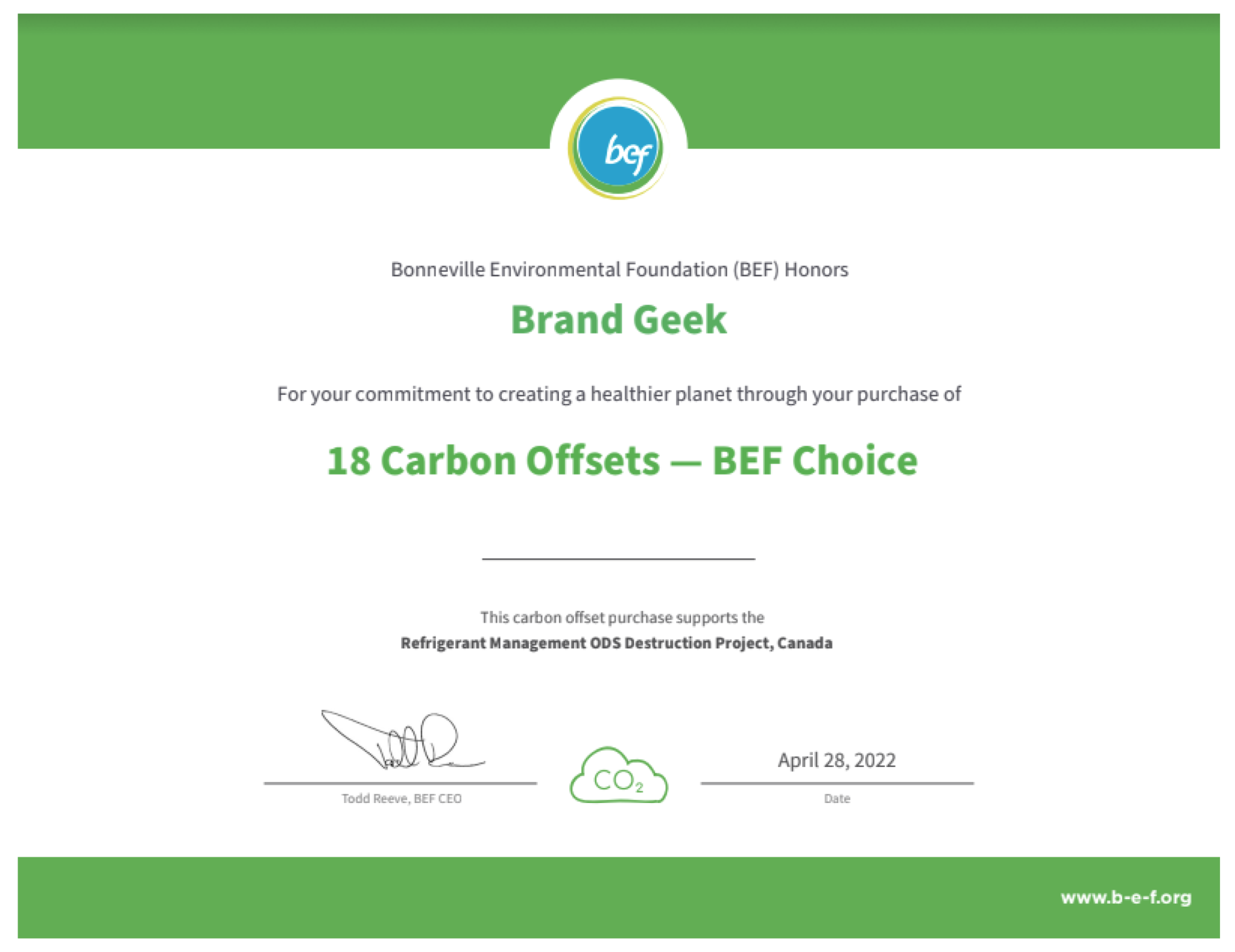Brandgeek proudly supports Mountain Area Preservation and is humbled to be…
SVN Workshop – Telling Your Story
SVN‘s Spring Member Gathering convenes socialprenuers from for-profit and non-profit enterprises who are working to change the world.
The morning workshop I attended today was offered by Peter Forbes & Ginny McGinn Co-Directors of the Center for Whole Communities on Telling your Story. Ginny described her defining moment in storytelling, which happened while she and her husband were working for Odwalla in 1996 when a young girl died from an e-coli contamination in Odwalla juice in Colorado. In response to this, Ginny and her husband had to travel around the country pulling product from the shelves. They found it most effective to tell their personal story with the Odwalla Company & brand to their distributors/trade partners in order to maintain the company’s relationship with these stakeholders.
Quoting Ursula Guin, Peter said, “many great societies did not use the wheel, but there are no societies that did not tell stories.” One of Peter’s goals is to help people be more intentional in their use of stories to connect us to each other and to connect people to our work. Peter is a photographer who’s interested in our connection to the land and each other. He says that understanding our story can help us to lovingly transform it or to fully occupy it. Learning our story enables connection, it enables us to paint a picture of the future that people want to go towards, and it helps people see one another, fear one another less, reduce boundaries, connect & transcend. (Who wouldn’t want that?!)
Peter emphasized that when we’re trying to create change and products that build relationships, we have to explain what our dream is. Stories reach beyond differences and grab and unite us. He encouraged us to ask ourselves, “Who am I really?” “What is my purpose?” “Who is my tribe?” “Who are we & where are we going?”
Stories in which others cannot see themselves will not affect them; you must be able to touch others to be effective. Currently, the really successful social movements are not about one person or one location. Rather, they are about groups of people and their stories, such as the work being done by 350.org, which provides a great example of an organization utilizing the power of storytelling to create social change.
Jeff also acknowledged that stories can be used for good or evil, as addressed by the TED Talk given by Chimamanda Adichie: The Danger of a Single Story:
 Consider what’s more important, your brand or its story. What’s more important, your story or how you tell it? For your message to be heard it must be compelling to your audience; only then will they be moved to act.
Consider what’s more important, your brand or its story. What’s more important, your story or how you tell it? For your message to be heard it must be compelling to your audience; only then will they be moved to act.




In this video Chimamanda expressed the consequences of the single story, a misleading story that can negatively affects a readers opinions of something they are not familiar with. I think people often forget the power of story telling and how persuasive it can be when talking about an idea, impact, or opinion. I especially liked when the woman said it is not about the story, but rather how you tell the story. That is very important for speakers to distinguish. For social ventures especially, story telling can be their means of communication to volunteers, donators, businesses, government, or other individuals relevant to the sustainability of the organizations future. Overall, storytelling can be a successful portal for messages to be heard and impact able.
Thanks for the comment, Jennifer. I appreciate your reading & participating in my blog. I hope you’ll continue to so do.